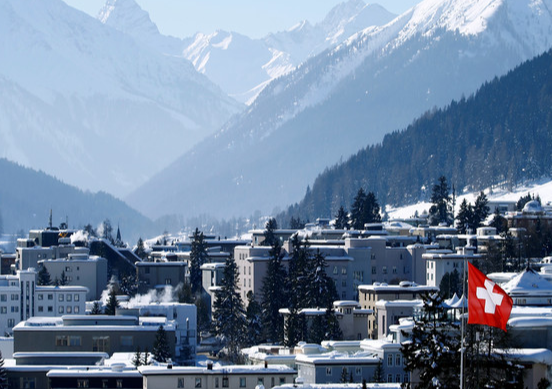|
Health
The World Health Organization warns that climate change will be one of the most urgent health threats of this decade, emphasizing the impact of extreme weather events and ambient warming on malnutrition and the rapid spread of deadly diseases. (Axios)
Despite industry claims of natural gas being a clean alternative to fossil fuels, dangerous levels of radioactivity from byproducts of the fracking process increase cancer risk among workers who extract or transport natural gas. (Rolling Stone)
Equity
On Martin Luther King Jr. Day, Dr. Robert Bullard—known as the father of environmental justice—discussed the legacy of legislation that has led to disproportionate pollution in communities of color and the role of community groups in combating environmental racism. (KALW)
A new carbon offset program directs funds to indigenous forest communities, providing them with quality healthcare, training on organic farming and reforestation of their lands. (Fast Company)
Politics & Economy
The theme of this year’s World Economic Forum (WEF), “stakeholder capitalism,” focused on climate change as a business risk, and WEF’s founder urged every company attending to commit to achieving net-zero carbon emissions by 2050 or sooner. (Bloomberg, World Economic Forum)
A new WEF report named climate change the biggest global threat to the future, citing both short- and long-term risks including economic devastation and biodiversity loss. (The Guardian)
Charles, Prince of Wales, announced the launch of a Sustainable Markets Initiative at WEF, which aims to restructure and reorganize markets to engage in greener business practices. (The Hill)
Spain’s government has declared a national climate emergency and proposed major policy changes, including eliminating pollution from buses and trucks, transitioning to carbon-neutral farming and obtaining 95% of the country’s electricity from renewable energy sources by 2040. (AP News)
Action
As part of its commitment to reducing single-use plastic, China will implement a ban on plastic bags in all of its major cities by the end of 2020. (Reuters)Seattle-based startup DroneSeed has developed technology that can plant trees six times faster than manual planters, which could expedite reforestation and contribute to future atmospheric carbon removal. (Freethink)Taco Bell and Starbucks are the latest companies to announce new climate commitments, with the fast-food giant converting all consumer packaging to reusable, recyclable or compostable materials by 2025 and the coffee chain aiming to cut carbon emissions in half by 2030. (CNBC, Fast Company)Bloomberg Media has launched a new editorial brand, Bloomberg Green, that will highlight climate change-related news through a website, daily newsletter, magazine and podcast. (AdAge) Kicker
2019 was the second-hottest year on record. How much hotter was your city than normal last year? Click here to find out.
|

